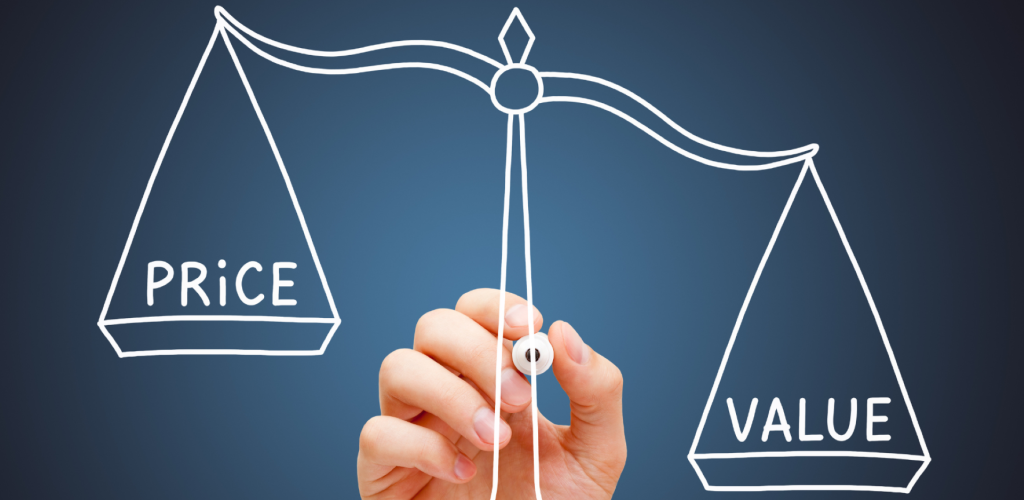Have the crises of recent years disrupted the way we consume today? Many companies are asking themselves this question, as, many people, having to reduce expenses have realized that it is not so advantageous to buy a branded or fashionable product if it is actually produced in Eastern countries.
The impact of the economic crises of recent years have not only been limited to financial and employment issues, but have also greatly influenced the consumption behaviors of people globally. Most individuals have rethought the way they approach spending either because of environmental and social awareness or because of the more practical need to reduce outlays. One of the consequences of these crises has been a reflection on the sustainability of our consumption pattern, which has revealed many challenges and opportunities for improvement.
In an effort to save money, many people have begun to pay attention to the prices of products and have noticed that often those with a more well-known and fashionable brand name cost significantly more than the corresponding anonymous and/or equivalent but less flashy goods.
In addition, growing knowledge of the poor working conditions and lack of environmental protection in the eastern countries where many of these items are generated has led many consumers to question whether it really pays to support an industry that does not take such ethical issues into consideration.
How the world of consumption has changed with economic crises
The crises of recent years have thus caused a shift in the way we understand consumption: it is no longer just a matter of trend or prestige, but there is a move towards a more direct consumer choice to try to create a more responsible world.
This new type of shopping approach has been referred to as “conscious consumption” and is becoming increasingly common among consumers who are mindful of the world around them.
What are the characteristics of conscious consumption
Conscious consumption is based on choosing products that mainly respect two areas: the environment and the people involved in production. Often these goods are:
- locally sourced, organic or generated in ways that have a low environmental impact
- distinguished by an increased focus on workers’ rights such as ensuring a safe and fair working environment.
This is not only an individual stance but it also represents a collective action, as consumer choices can drastically affect companies’ policies and practices.
However, there is another factor that leads to conscious consumption, and that is the consideration of quality.
How important is quality to consumers today?
In essence, people realize the quality of products, and more importantly they question its real value.
For example, a pair of shoes of a valued brand cost two hundred euros. Apart from the “made in Italy” brand, they have nothing more to offer, nor to envy equally beautiful shoes created from the same materials. The only difference is that the latter are unbranded and made in China, but they cost seventy euros instead of two hundred, a full one hundred and thirty less.
In any case, the overall effect of conscious consumption is the positive influence on the world market. If consumers decide to buy only products that meet their chosen ethical standards, companies would be forced to change their priorities and revise their policies by making them more sustainable and responsible, taking into consideration the interests of the people and communities involved.


